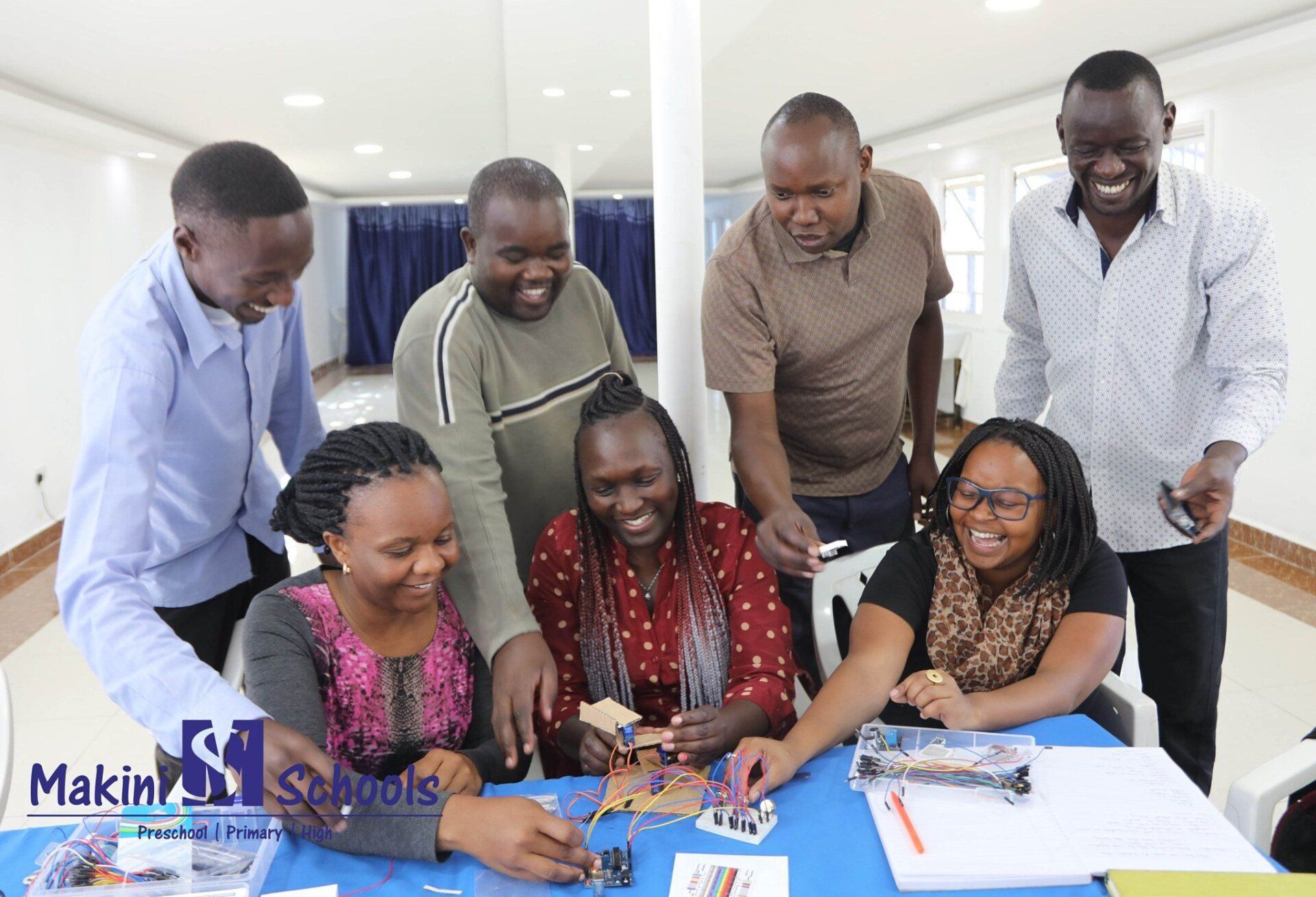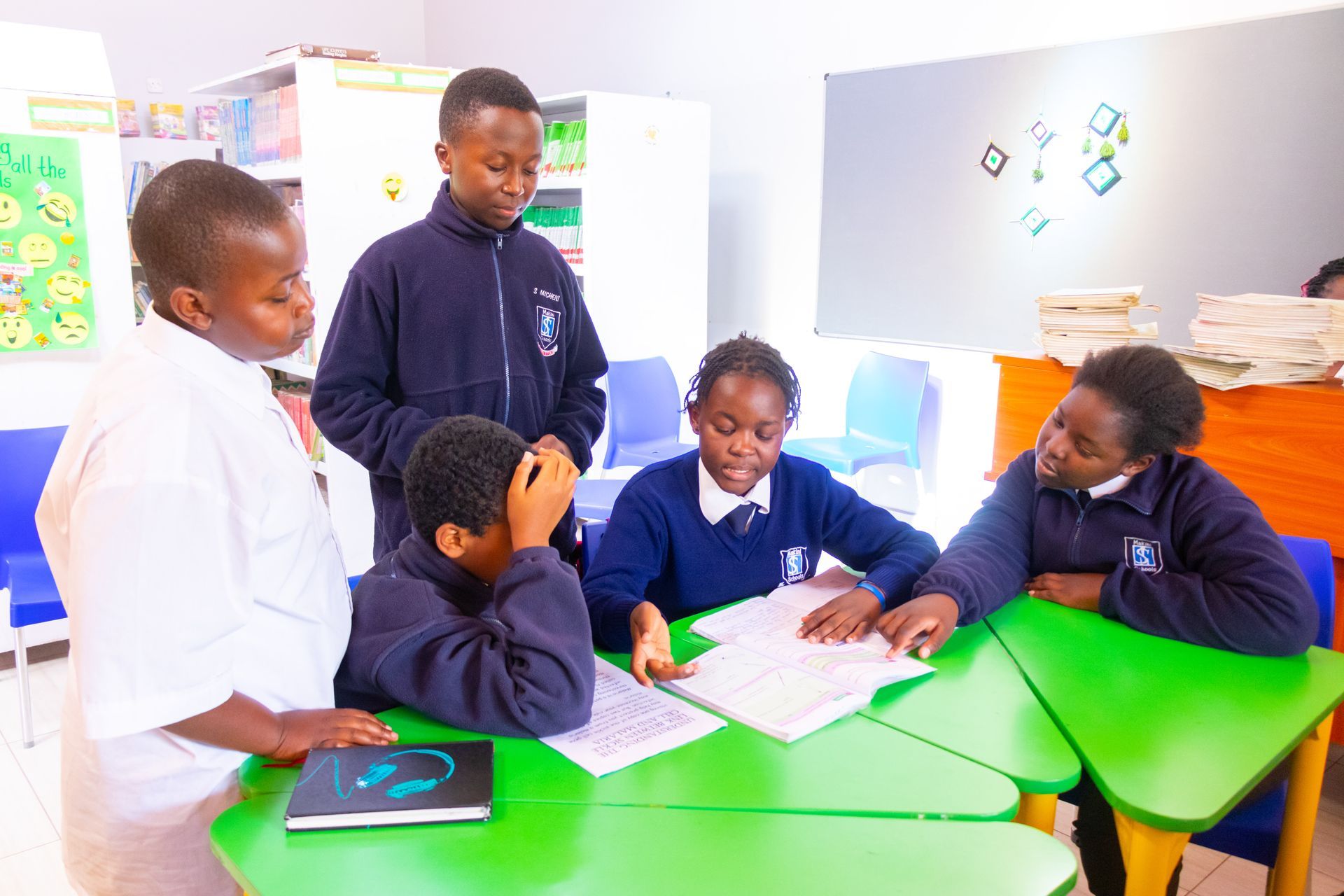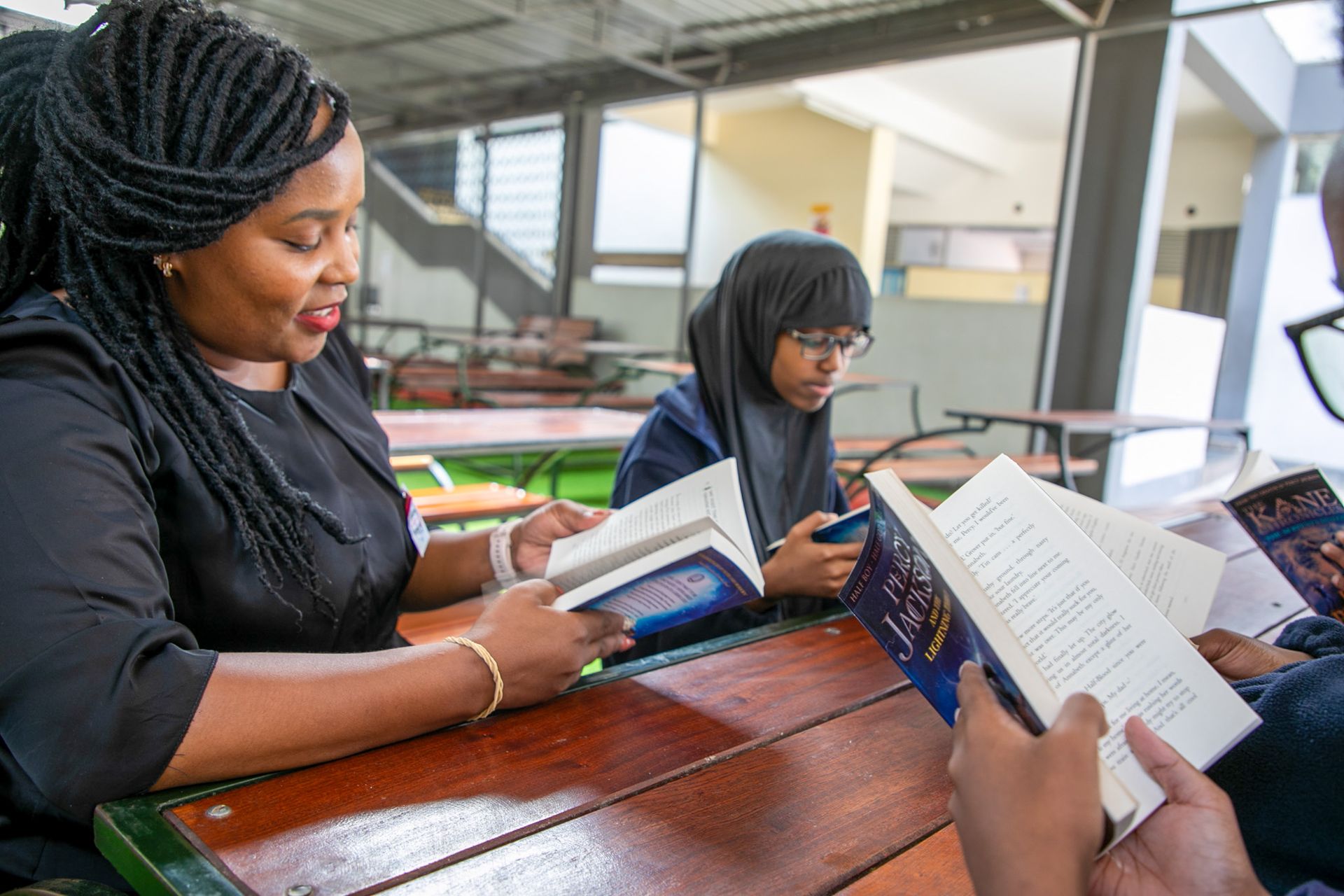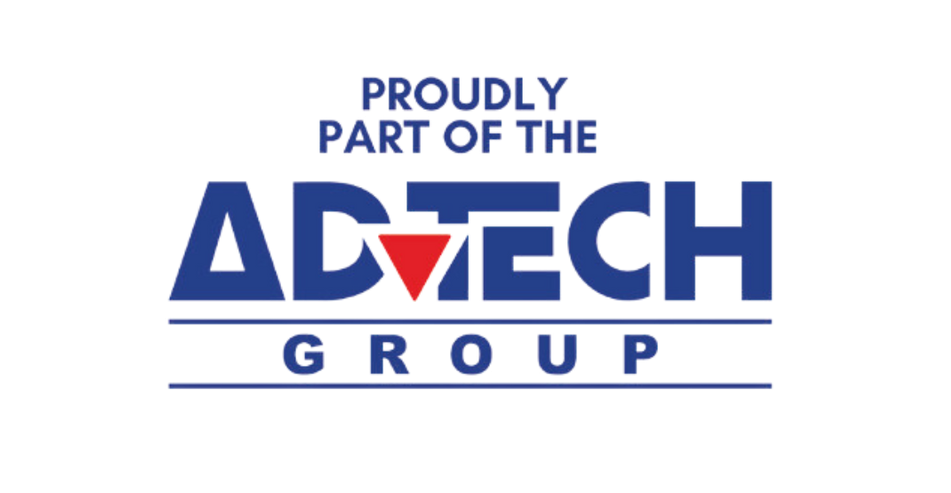Integrating Technology in Education
Technology has become an integral part of our daily lives. In the realm of education, technology has the power to shape how learners are educated and how teachers are able to teach. At Makini School, our educational approach is centered around enriching the learning experience of each of our learners. To do this, we are wholly committed to staying up to date with the latest technological advancements and incorporating technology in education.
What technologies are used at Makini School?
Leveraging cutting-edge technological tools affords us the opportunity to enhance the educational experience. It also ensures that our learners are prepared for the challenges and opportunities that technology brings. Some of the technologies that have been integrated into our learning environment include AdvLearn, Purple Mash, smart classrooms and interactive boards, tablets, laptops and computers, learning management systems, robotics and coding. This is the future of education and we’re leading the way.
Smart classrooms and interactive boards
It goes without saying that learners absorb information quicker and easier when they are immersed in the learning experience. With the inclusion of interactive content, multimedia and real-time feedback, learning has become more engaging and therefore more effective. Gamification has also added a layer of fun to learning, which is immensely helpful.
Tablets, laptops and computers
Personal devices such as tablets and laptops have been added to the Makini School curriculum. These additional advances in learning have allowed students to access digital textbooks, take part in interactive exercises and even collaborate with others on various projects and assignments.
Learning Management Systems (LMS)
Google Classroom is one example of a Learning Management System that has been incorporated at our school. This system has streamlined the management of educational content and communication. Now teachers are able to easily assign and monitor homework. They can share resources and keep track of learners’ progress and participation.
AdvLearn
AdvLearn offers a personalised approach to learning by harnessing adaptive learning technology and empowering teachers to identify and address knowledge gaps. Teachers use data insights to track learners’ progress on specific areas of learning. This enables them to provide data-driven support to learners which leads to an increase in academic performance. AdvLearn utilises artificial intelligence to create customised learning pathways for each student, ensuring a deeper understanding of concepts. This groundbreaking approach, unique to Africa, empowers teachers to monitor learner progress in real-time, granting insights to cater to individual learning needs. Over and above this, the platform enables teachers to assign personalised learning in the form of homework and assessments to students, offering instant feedback with automated grading.
Robotics and coding
Learners at Makini School are encouraged to develop their problem-solving abilities and critical thinking skills by working with robots and learning to code. This hands-on experience is vital in the digital world and helps learners develop a deeper understanding of digital concepts. This essentially helps to prepare them for future careers in STEM fields.
How does technology improve learning at Makini School?
We have seen significant improvements in the student learning process for both teachers and learners. Here’s how technology is making an impact:
Enhanced engagement
Through interactive lessons, multimedia content and gamification, engagement has heightened. Learners have more fun when technology is added to their lessons and this encourages them to participate more actively in class. VR and AR have brought lessons to life, allowing abstract concepts to become tangible experiences. Complex subjects can be grasped more easily when learners are given the opportunity to explore ideas or places.
Personalised learning
We believe that personalised learning experiences are vital to a child’s growth and development. Technology in education aids this by allowing a more customised learning experience that can meet the individual needs of our learners. Difficulty levels can be adjusted when a learner’s performance is analysed. This ensures that each student is challenged according to their level of progress.
Collaboration and communication
Educational digital tools, such as Google Classroom, give learners the chance to collaborate with one another, even if they’re not in the same room. They can discuss class work in forums, share documents and even take part in video conferences when they need to work together or want to share thoughts or ideas. These types of platforms also allow teachers to give real-time feedback, which is not only beneficial to the teacher and learner, but also to parents.
Preparation for the future
The future is technology and it’s of the utmost importance for learners to be digitally literate from a young age. Learners must know how to use various types of technology and think critically about their applications and implications. They must also learn how to be safe and protect themselves online.
At Makini School, technology is more than just a tool for learning. It is also a subject that’s part of our comprehensive curriculum. Learners are trained to be digitally literate to ensure that they are proficient in the use of the technological tools in their classrooms. By leveraging the latest technology, we are able to provide a learning experience that’s relevant for the world we live in today. It’s also developing and preparing the learners to succeed tomorrow. Should you require more information about our school, please submit your enquiry here.













